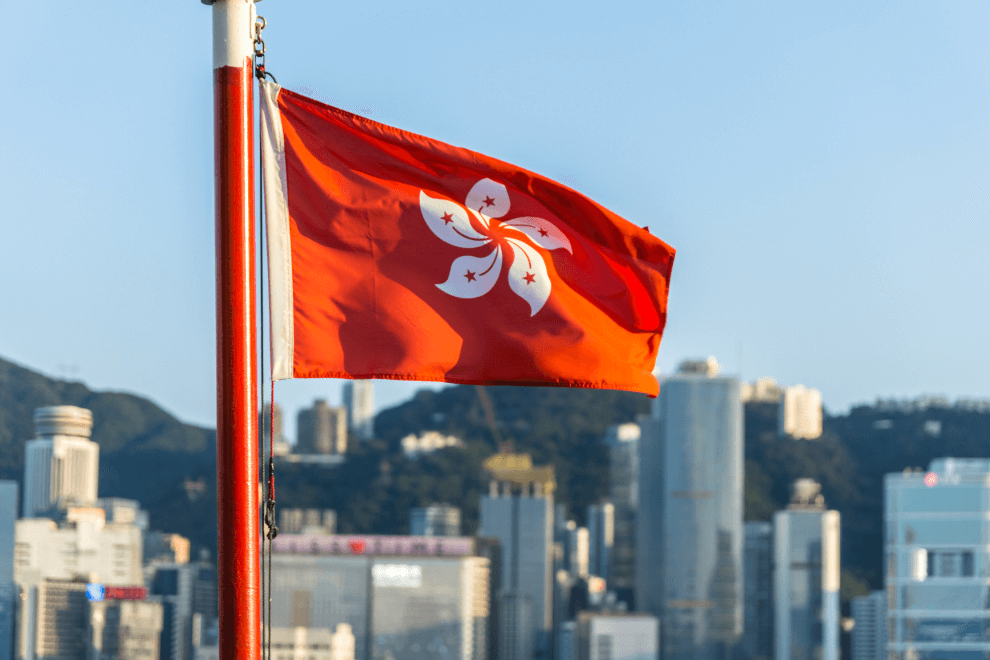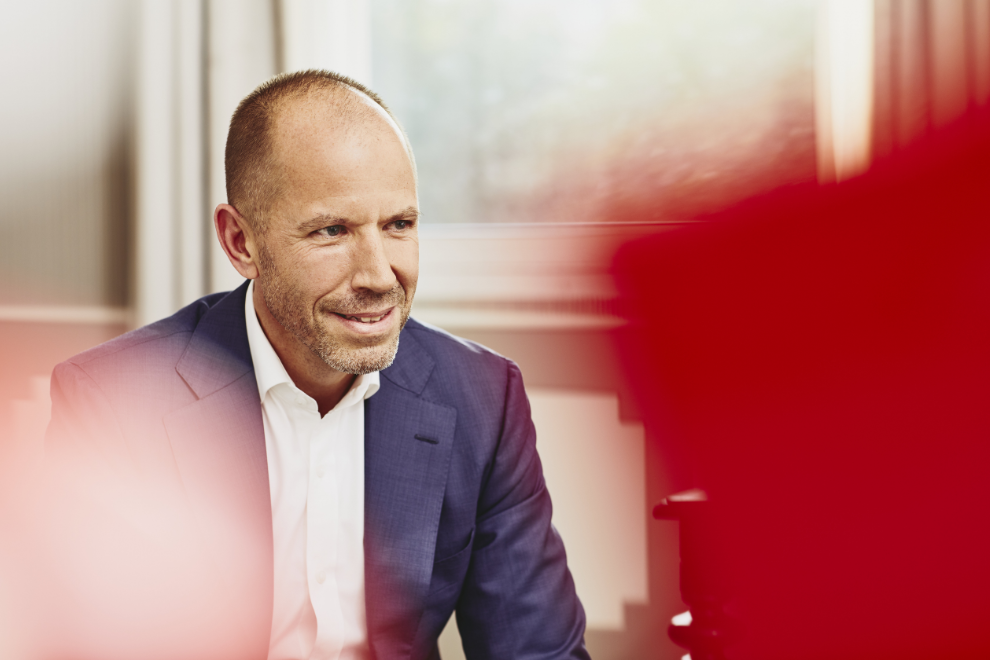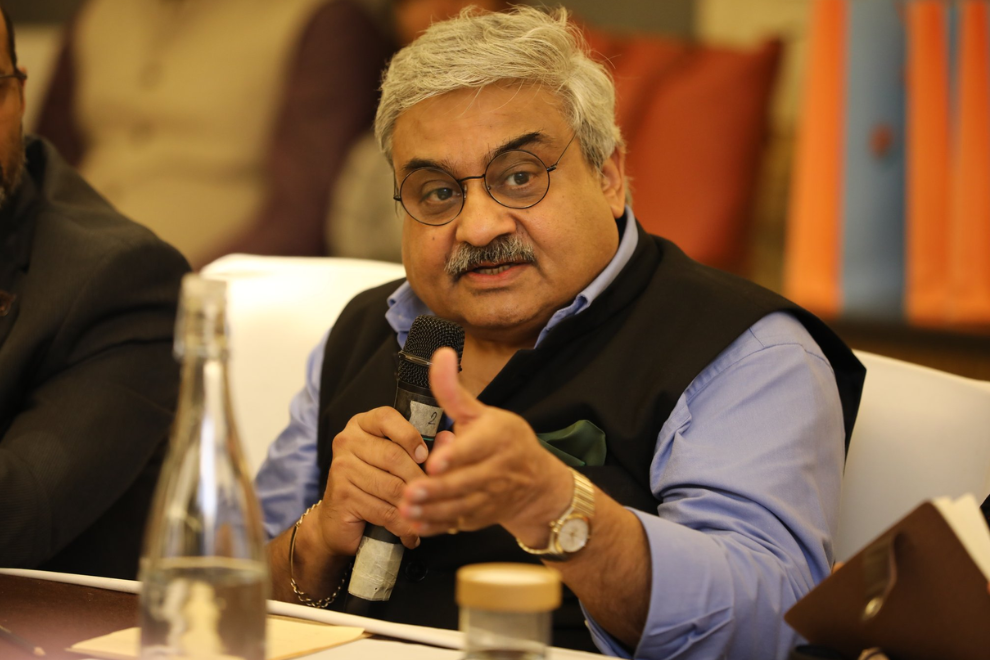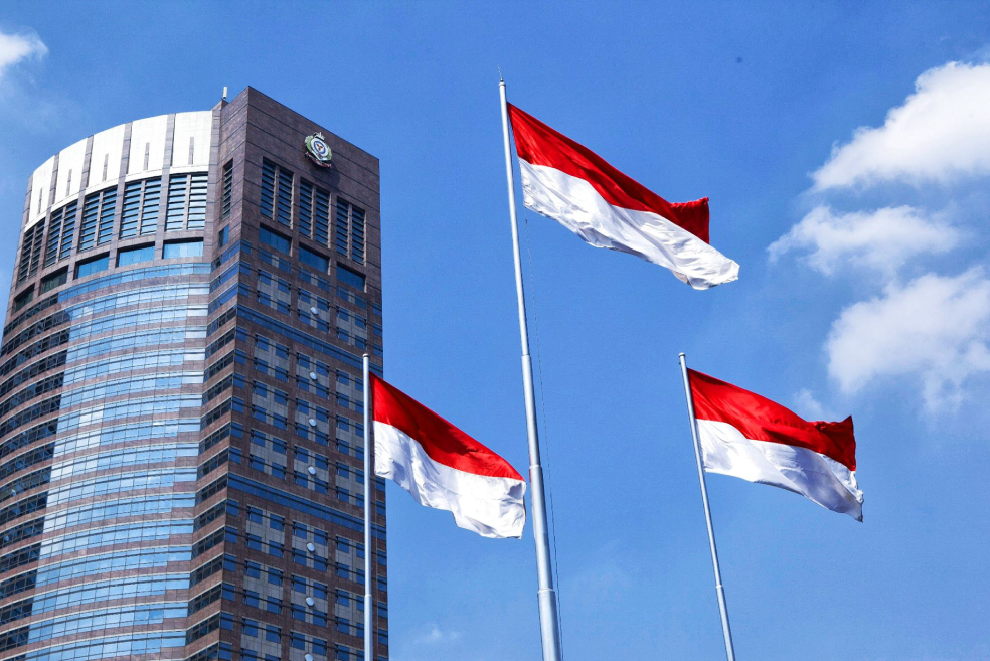Asia Dialogues
Hong Kong’s Next Chapter: Integration as a Path to Growth

Bhumidhar Das
AVP - Product & Client Solutions, Asia Dialogues Forum (ADF)
For decades, Hong Kong has been a city built on connection. It has linked East and West in finance, trade, and ideas, often turning its geography into an advantage. The next phase of its story will depend on how well it can deepen those connections with purpose. By aligning more closely with Mainland China’s growth while keeping its global outlook intact, Hong Kong has the chance to lift not only its own economy but also the Greater Bay Area (GBA) and Asia more broadly.
The GBA dividend
The Guangdong-Hong Kong-Macao GBA is home to more than 87 million people and produced RMB 14.5 trillion in GDP in 2024—similar to the size of a G20 economy. Within this cluster, Hong Kong’s edge lies in the rule of law, capital markets, and investor access. These qualities can help scale Mainland innovation and industry to global levels.
Infrastructure has made this integration tangible. The Hong Kong–Zhuhai–Macao Bridge cuts travel across the delta to under an hour. The Express Rail Link places Shenzhen just 14 minutes away and Guangzhou under 50. What once felt like separate cities is now a single, connected zone.
Sherman Chau, Managing Director, North Asia at Croda China Trading notes:
“In today’s complex and ever-changing international environment, HK is facing both opportunities and challenges. Leaders need to be fully aware of the uniqueness of HK as a bridge between China and the rest of the world. We must respect its cultural diversity, promote innovation, and train the necessary body of talent to achieve this.”
A shift beyond finance
Finance has long been Hong Kong’s defining strength, but new priorities are taking shape. The Northern Metropolis and San Tin Technopole are being developed into centres for advanced manufacturing, logistics, and technology. For a city that has relied heavily on financial services, this is a deliberate move to broaden its economic base and create jobs along the border with Shenzhen.
Capital flows widening
Financial integration with the mainland is no longer a theory—it is already reshaping markets. Stock and Bond Connect laid the foundations. More recently, Wealth Management Connect and Swap Connect have added depth. By April 2025, more than 12,000 swap trades worth RMB 6.5 trillion had been executed through Swap Connect. Mainland investors also poured a record HK$435 billion into Hong Kong equities in the first quarter alone.
Naresh Kumra, Founder & Director - La Rochelle Ventures Family Office, emphasizes:
“Hong Kong has always been a great place to live, work, and play. Traditionally, it served as the vital gateway to China for investment and trade. Given macro trends, Hong Kong has an opportunity to solidify its role as a global financial hub critical to cross-border capital flows, leading innovation in fintech, green finance, and wealth management.”
Finance re-tooled for the future
Hong Kong is now focusing on areas where it can lead globally:
Sean Lee, Co-Founder - IDA, comments:
“As an International Finance Centre, Hong Kong sets itself apart with its strong financial services heritage along with a progressive regulatory framework for digital assets. This strategic combination positions Hong Kong as a global leader to redefine growth by driving innovation and trust, especially as a gateway to and from China. As more real-world assets move on-chain, Hong Kong is in a unique position to shape the next generation of digital products and build a sustainable future for Web3.”
- RMB internationalisation: Roughly 80% of all offshore RMB payments clear through Hong Kong.
- Green finance: The government has issued HK$220 billion in green bonds and is advancing tokenised issuance aligned with international standards.
- Digital assets: In 2024, Hong Kong became the first in Asia to approve spot Bitcoin and Ether ETFs under strict regulation.
Talent and investment magnets
Attracting talent and capital is just as critical as infrastructure. The Top Talent Pass has simplified entry for skilled professionals and seen strong uptake. The Capital Investment Entrant Scheme requires HK$27 million in approved assets, with HK$3 million directed toward funds that back innovation and strategic industries.
Arvind Usretay, Head Human Capital Consulting - People Solutions Asia, Lockton argues:
“I believe we need to stop talking about 'restoring' Hong Kong's growth and start talking about 'redefining' it entirely—transitioning from a ‘financial gateway’ to a leading ‘architect’ and ‘hub’ where the best talent in the world comes to solve the biggest problems of the future. Hong Kong will need a multi-pronged strategy to attract & retain global talent and at the same time nurture local leaders. The future leader is ambidextrous—who can masterfully operate in both Hong Kong's international system and the mainland's system, not by compromising, but by creating a new, hybrid model that captures the best of both worlds, fuelling unprecedented opportunity and growth.”
Tourism and culture make a comeback
The city’s experience economy is also rebounding. Flagship events such as the Rugby Sevens, Art Basel, and major concerts are drawing visitors back, supported by rising air capacity. In the first half of 2025, arrivals continued to climb, with every 1.5 million visitors adding around 0.1 percentage point to GDP. Day-trippers from Shenzhen add to the momentum, highlighting how culture and tourism fit into the wider integration story.
Why integration matters for Asia
The impact of integration extends far beyond Hong Kong itself. Shenzhen brings speed and design, Dongguan and Foshan provide manufacturing muscle, Guangzhou anchors healthcare and consumption, and Hong Kong offers finance, legal protection, and IP. Together, this mix strengthens Asia’s supply chains by cutting product cycles and reducing financing costs.
With RMB now the third most-used currency in global trade finance, Hong Kong’s infrastructure provides the stability and transparency investors demand. At the same time, innovation corridors such as the Northern Metropolis can link Hong Kong’s universities and legal frameworks with Shenzhen’s capacity to scale.
Dr. Kenette Tsang, Regional Chief Executive Officer (North Asia) IHH Healthcare Group, remarks:
“Healthcare leadership in Hong Kong demands a forward-thinking approach rooted in innovation, technological advancement and sustainable care. At IHH North Asia, we are not merely adapting to changes, we are driving it, empowered by cutting-edge technology, transformative innovation, and an unwavering commitment to clinical and service excellence.”
Andy Chun, Professor of Practice (Digital Innovation and Emerging Tech), The Hong Kong Polytechnic University, shares:
“Hong Kong has already made bold strides in advancing AI, from world-class research clusters to supercomputing infrastructure and global talent initiatives. As we look ahead, Hong Kong must build on this momentum to redefine growth through innovation, inclusion, and integrity. After four decades working in AI, I see Hong Kong not just as a rising force but as a model for responsible, future-ready leadership.”
Stephanie Wong, Chief Administrative Officer (CAO) & General Manager of HR, Legal and Corp Admin - Mitsubishi Corporation Hong Kong, reflects:
“With the flourishing of Artificial Intelligence, the world has entered a new era which is shaping its course and direction of history. The evolving business landscape and global challenges bring forth an array of tremendous implications for transformation and change to all sizes of organizations and industries in Hong Kong. Hong Kong leaders shall embark on an unprecedented journey for learning and growth.”
Guardrails for global trust
Integration with the Mainland does not mean losing global credibility. Hong Kong has reaffirmed its US dollar peg, even as it expands its role as the leading offshore RMB hub. This blend of USD stability and RMB flexibility is a combination investors value in uncertain times.
The way forward
Hong Kong’s future will not be about looking back. It will be about claiming a decisive role inside Asia’s most dynamic urban cluster while staying open and rules-based. The physical and financial infrastructure is in place, capital channels are widening, and policies on talent, visas, and green and digital finance are aligning.
Deeper integration with Mainland China is not a loss of identity. It is an opportunity to paint on a bigger canvas. If Hong Kong can match Mainland scale with global standards, it will do what it has always done best, turn proximity into prosperity for itself, the GBA, and the region.

AVP - Product & Client Solutions, Asia Dialogues Forum (ADF)
Leading brands who have partnered with us.
Latest updates, insights, and highlights from our leadership community










